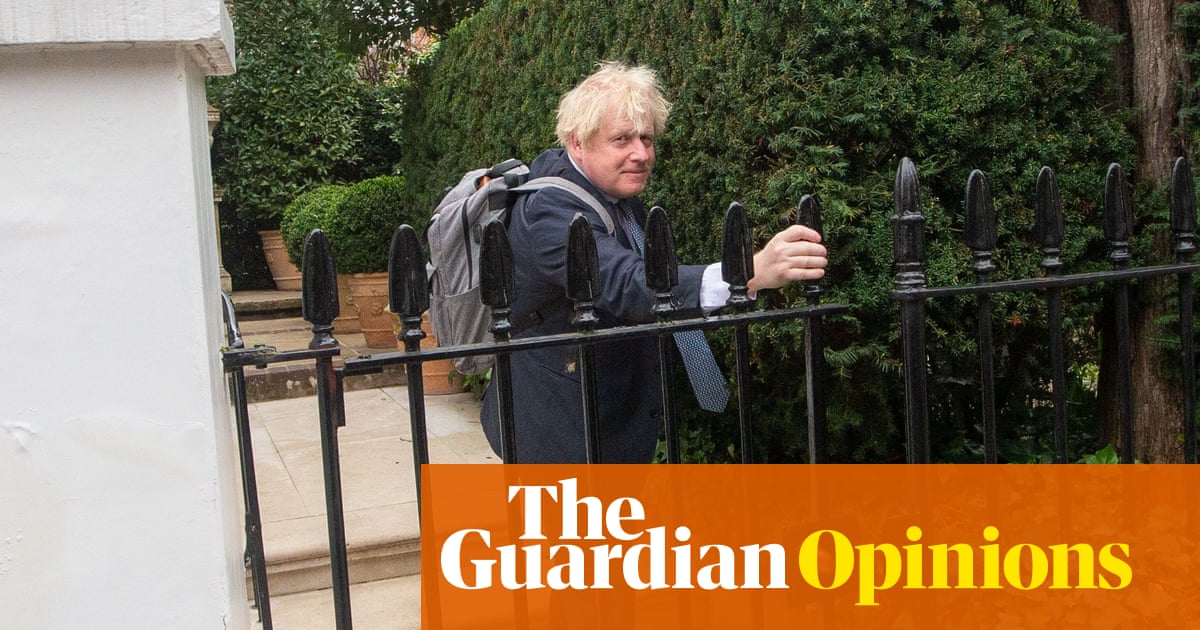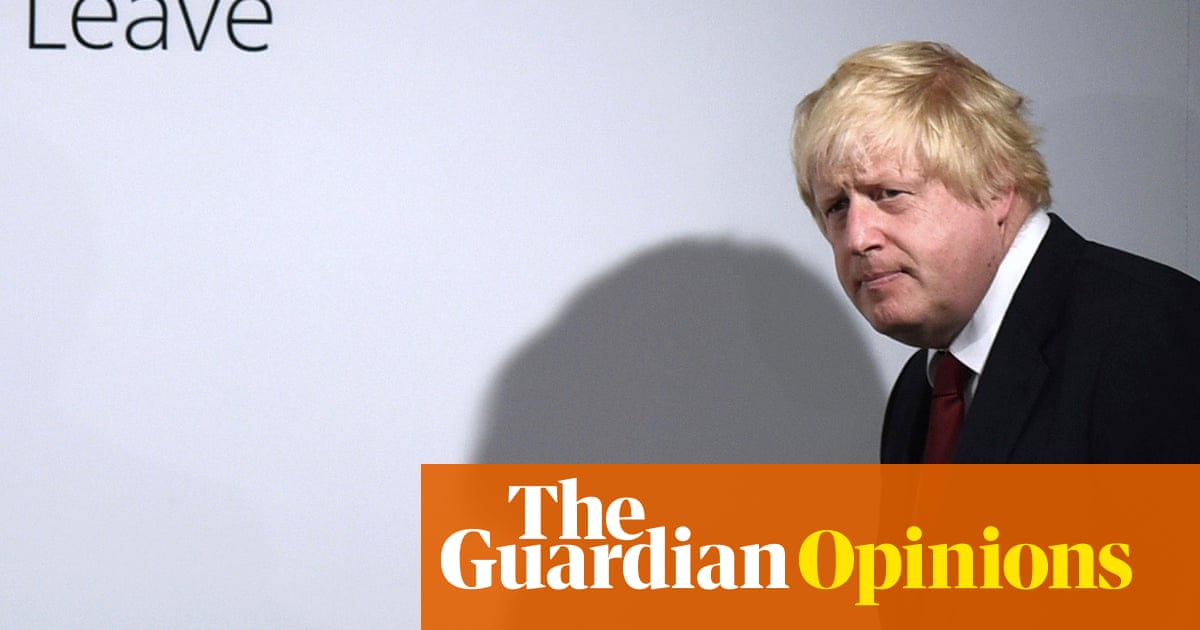
Boris Johnson entered the fraught festive period with his authority in tatters after a string of self-inflicted crises, and with colleagues warning that cancelling Christmas could be the final straw for the exasperated British public.
So early, tentative evidence that the Omicron variant may result in less severe health outcomes is the best Christmas present the prime minister could have hoped for.
Downing Street sources expressed caution about over-interpreting the data, with experts continuing to warn that the sheer size of the Omicron wave could still put severe pressure on the NHS, even if a smaller proportion of those infected end up in hospital.
But there is now hope that at the very least, the decision on whether to impose strict new restrictions after Christmas may not be cut and dried.
The devolved administrations in Scotland, Wales and Northern Ireland have each announced a package of new rules from Boxing Day, ranging from limits on the largest outdoor events to the return of social distancing.
Johnson was under pressure from Labour and the Liberal Democrats to give families and businesses in England similar clarity by setting out his plans for the post-Christmas period. But ministers have said they do not yet have the data to act, and the cabinet has not been reconvened since a lengthy, inconclusive meeting on Monday. The health secretary, Sajid Javid, has confirmed there will be no further announcements from the government this week.
This wait-and-see approach received the endorsement of the former Labour prime minister Tony Blair, who told Times Radio on Wednesday that he would not have introduced restrictions over Christmas.
Blair argued that from a purely public health perspective the case for curbs was strong, but Omicron was so transmissible that only a full lockdown would be likely to have much effect, and this was too much of a “blunt instrument” to apply across the board to different categories of people, including the triple-jabbed.
Johnson will now be hoping hospitalisations and other data provide a sufficient glimmer of hope to avoid a new year circuit breaker or other measures, such as limits on mixing.
Having promised MPs the opportunity to vote on any restrictions, he would only be likely to get them through with the backing of Labour. That would delight the new shadow health secretary, Wes Streeting, whose tactic has been to offer staunch support for government measures while highlighting the Tories’ divisions.
Even if the data falls the right way and Johnson is able to avoid imposing fresh restrictions in the new year, however, Tory backbenchers appear unlikely to credit him for standing firm. Instead, the lockdown sceptics believe the prime minister was left with little room for manoeuvre after the historic rebellion against his plan B measures last week, which strengthened the arm of sceptical cabinet ministers.
At the height of the Covid crisis in 2020 there was little cabinet consultation, with key decisions on draconian lockdown measures being made by an inner circle of Johnson, senior ministers and close advisers, while the full cabinet acted as little more than a rubber stamp.
But Johnson’s power over his party is now considerably less secure, so that – as during Theresa May’s troubled premiership – the content of cabinet meetings is readily leaked, with jockeying rivals briefing their contributions to the press.
Johnson will be sincerely relieved if England can start the new year free of harsh restrictions that could further batter his popularity, and he may even hope that, as with last year’s vaccine bounce, the end of the Omicron wave boosts the public mood. And it will certainly save him a fresh confrontation with battle-hardened backbenchers.
But the pressure from within Johnson’s party over everything from political mismanagement to lockdown-busting parties, and from MPs looking at the North Shropshire result and fearing for their own future, is unlikely to abate.












